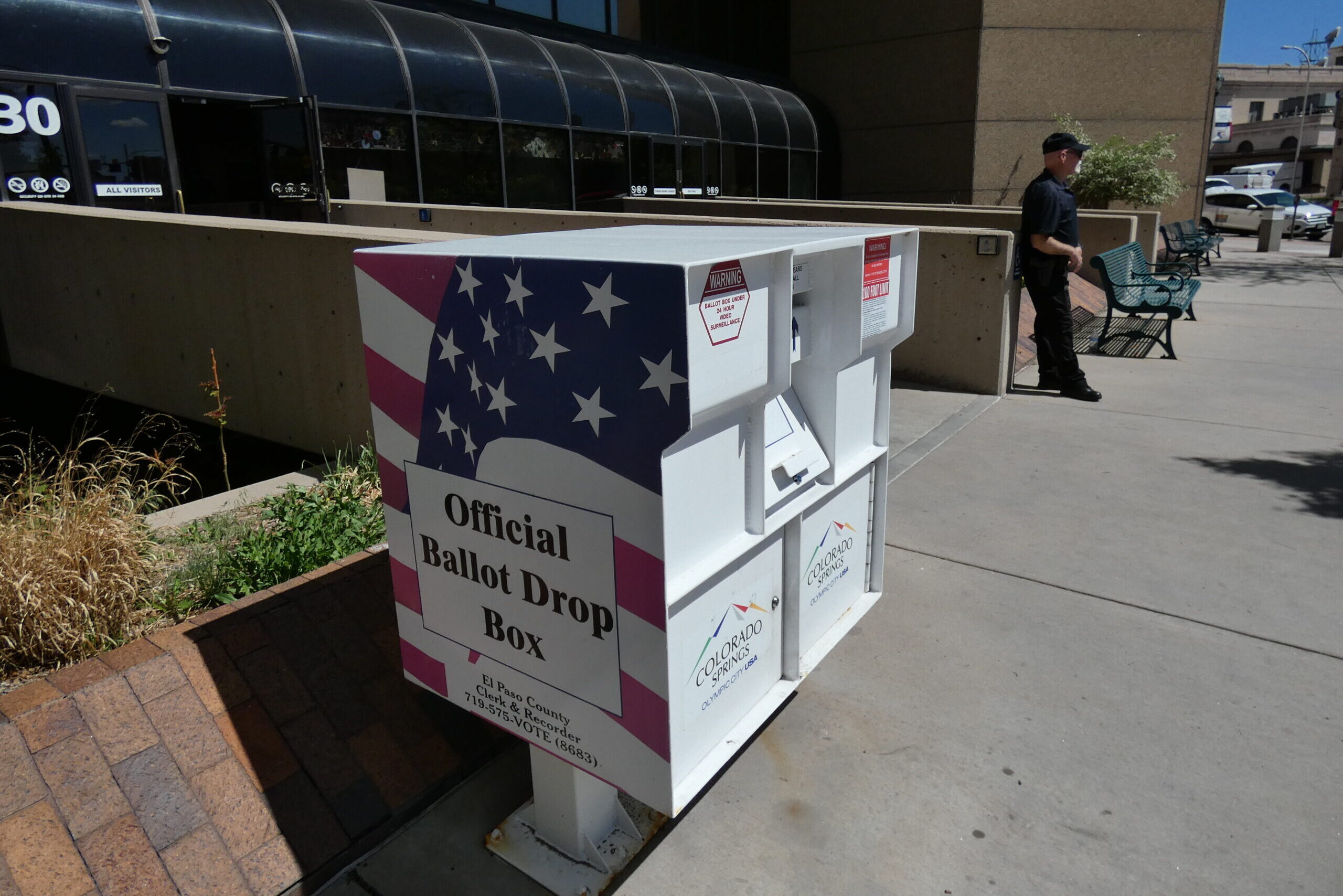

Denver must do more to account for conflicts of interest for both city employees and contractors looking to do business with the city, according to an audit report released Thursday morning.
The audit looked at three city agencies: Public Works, Parks and Recreation and Public Health and Environment.
It found the city allowed some contracts to be longer than recommended with inadequate justification and didn’t verify that some companies were in good standing to do business.
The mayor’s office agreed with the auditor’s recommendations for tightening the contracting process. The office said in a letter attached to the audit report that it would implement changes before the end of the year.
The auditor found that none of the three departments they examined had policies for handling conflicts of interest for each project put out to bid.
“You don’t want city employees that are part of the procurement process to be influenced by tickets to a ballgame or a meal or something like that,” Denver Auditor Tim O’Brien said. “So I think disclosure is the best way to deal with that.”
Parks and Rec officials reported having discussions about conflicts, but the conversations weren’t documented, according to the report.
Contractors should also have to disclose more, according to the auditor's report. It recommended requiring contractors to disclose political contributions when they’re a part of a competitive bidding process. The auditor noted that some cities, like Los Angeles, require the disclosure early in the process.
Right now in Denver, only vendors that are awarded non-competitive work must disclose contributions. In 2013, the City Council dropped that requirement. They said that there was no opportunity for pay-to-play situations in competitive bidding, according to the auditor’s report.
“And I think the idea was to make it easier to do business with the city and county of Denver. I support that,” O’Brien said. “But I still think that open and transparent government trumps that issue.”
Auditors also found that when disclosures of political contributions were required, few contractors submitted the form to the Clerk and Recorder. The auditor sampled 41 city contractors from the three agencies and found that only five had provided the disclosures. City agencies the auditor examined don’t have a policy of checking that their contractors provided the disclosures.
O’Brien also urged the mayor’s office to make long-awaited changes to an executive order that provides the framework for contract procurement and disclosure. Executive Order 8, as it’s known, conflicts with city ordinance in some important ways.
“Those are mixed messages for [city employees] to be getting in their daily work,” O’Brien said.







